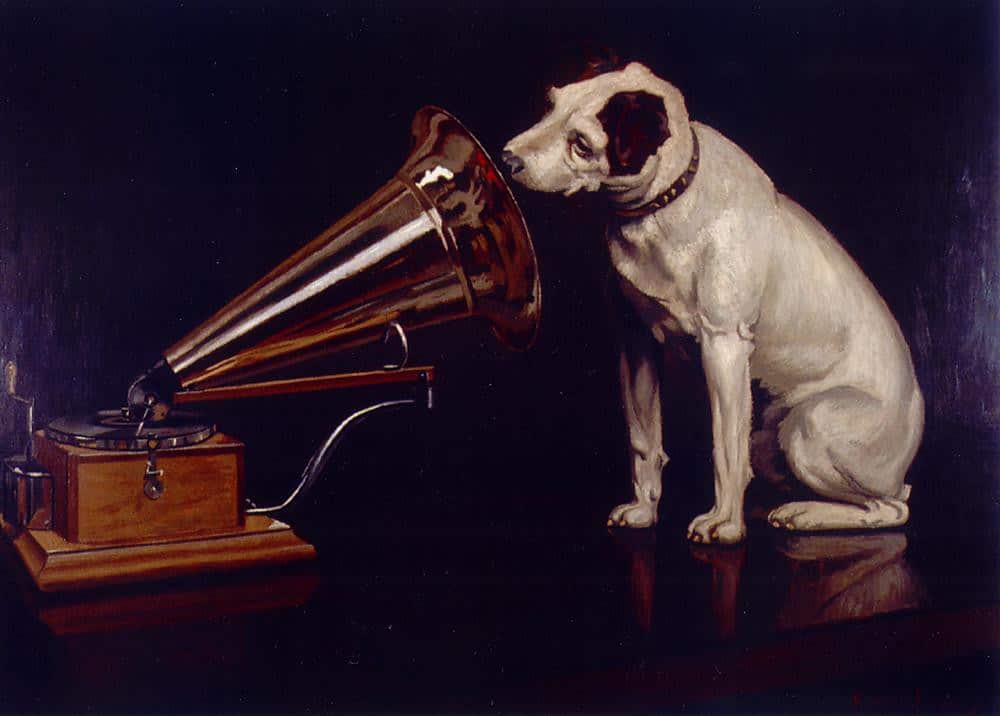If you are the owner of material that is protected by copyright law, under the Digital Millennium Copyright Act (“DMCA”), there is a procedure for demanding that your copyrighted material be taken down from an internet website or other places of publication. Generally, these are called “Takedown Notices.” Most internet providers and website hosting companies immediately respond to Takedown Notices and quickly remove content that is alleged to be infringing. This allows providers, hosts and website owners to avoid legal liability for contributory copyright infringement. This, in turn, helps companies avoid the high cost of defending infringement litigation and, potentially, being on the hook for huge judgments if they are found to have contributed to the infringement of their users.
But, the truth is, there are a lot of fake Takedown Notices sent and there is a significant problem with abuse of the Takedown system. In late November 2021, for example, the South Korean pop band BTS was the victim of hundreds of fake Takedown Notices sent to various websites, providers and hosting companies. See media report here. The Notices were sent as a political protest and caused a significant amount of BTS-related content to be taken down. While the problems were eventually resolved, for good reason, the band and their fans were upset.
Another abuse of the system occurs when Hackers and other cybercriminals use fake Takedown Notices as part of email phishing scams. One solution is to make sure that your company has experienced internet lawyers who can offer solid, legally-based advice and counsel when a Takedown Notice is received.
Another solution is to understand what is legally required for a Takedown Notice to be legitimate. If some of the required information is missing, then the Takedown Notice might be fake. A legitimate DMCA Takedown Notice must be a “written communication” and must be directed to the service provider. See 17 U.S.C. § 512. Thus, a phone call or voicemail is not a legitimate Takedown Notice. Further, the written communication must contain the following:
(i) A physical or electronic signature of a person authorized to act on behalf of the owner of an exclusive right that is allegedly infringed
(ii) Identification of the copyrighted work claimed to have been infringed, or, if multiple copyrighted works at a single online site are covered by a single notification, a representative list of such works at that site
(iii) Identification of the material that is claimed to be infringing or to be the subject of infringing activity and that is to be removed or access to which is to be disabled, and information reasonably sufficient to permit the service provider to locate the material
(iv) Information reasonably sufficient to permit the service provider to contact the complaining party, such as an address, telephone number, and, if available, an electronic mail address at which the complaining party may be contacted
(v) A statement that the complaining party has a good faith belief that use of the material in the manner complained of is not authorized by the copyright owner, its agent, or the law
(vi) A statement that the information in the notification is accurate, and under penalty of perjury, that the complaining party is authorized to act on behalf of the owner of an exclusive right that is allegedly infringed.
If the Takedown Notice does NOT contain ALL of these elements, then it is possible that the Takedown Notice is a fake and might be a scam, political stunt, phishing or other cybercriminal activity.
What should you do?
As noted, the best course of action is to obtain counsel from an experienced internet and DMCA attorney. The Takedown Notice might be fake, but it also might be a legitimate Takedown Notice that mistakenly or inadvertently omits required information.
If you have legal questions about consumer privacy, data security or other legal issues related to internet law, contact the trusted internet lawyers at Revision Legal at 231-714-0100.




